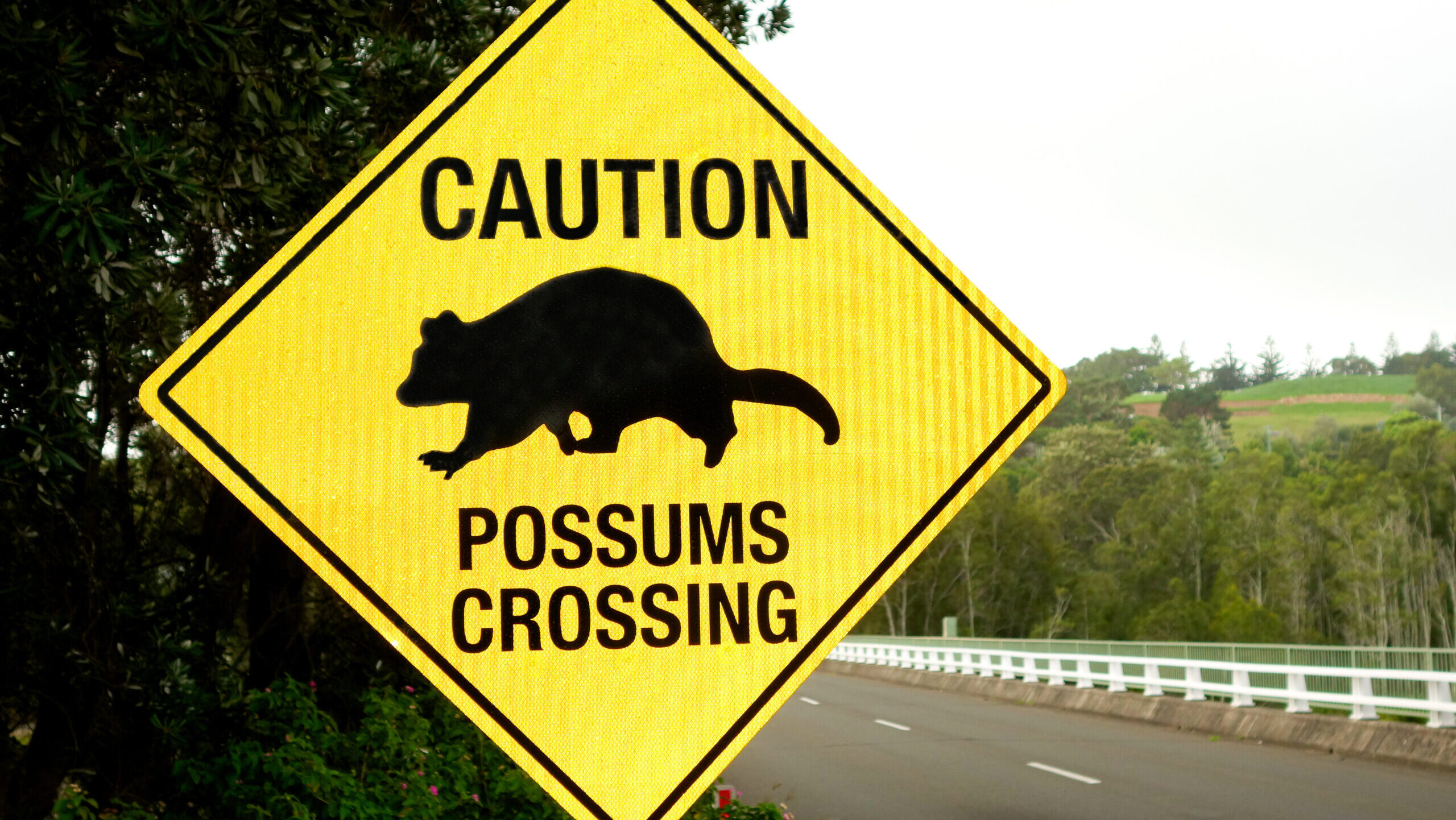|
Getting your Trinity Audio player ready...
|
Governor Kay Ivey, in her State of the State address, made a simple but powerful statement: “Finally, we must not just be strong on crime – but also smart on crime.” If SB132, introduced in the senate, is what passes for being “smart” on crime, then Alabama’s legislature must be hosting a Dumbest Idea Olympics, and folks, we have a gold medalist. This bill is so absurd it makes you wonder if they’re drafting laws by throwing darts at a board labeled “Bad Ideas” and “Even Worse Ideas.” Calling this “smart” on crime is like calling a possum on life support “road savvy.”
SB132, would turn ordinary citizens into criminals by classifying Delta-8, Delta-9, and Delta-10 THC as Schedule I controlled substances—the same legal category as heroin and LSD. If passed, this bill wouldn’t just ban the sale of these hemp-derived products; it would criminalize their possession, turning gas station clerks and responsible adults into felons overnight. Instead of focusing on violent crime, drug trafficking, or corruption, Alabama lawmakers are preparing to waste time and resources outlawing a product that was legally sold in convenience stores and vape shops yesterday.
The state told suffering patients they could have medical cannabis. Then it failed to deliver. Now, rather than fixing their own incompetence, lawmakers want to criminalize the very people they forced to find alternatives. That’s not just bad policy—it’s cruelty disguised as governance. Alabama passed a medical cannabis law in 2021, promising relief to those suffering from chronic pain, seizures, and other conditions. But today, not a single Alabamian has access to medical cannabis because the Alabama Medical Cannabis Commission has made a mess of the licensing process. Legal challenges, bureaucratic incompetence, and political infighting have ensured that medical cannabis remains unavailable. Many who were hoping for legal access have turned to Delta-8 and other hemp-derived THC products as an alternative. Instead of admitting their own failure, lawmakers now want to punish people for seeking relief wherever they can find it.
Let’s be clear: No one is robbing banks or committing violent crimes because they took a Delta-8 gummy to help with pain or anxiety. SB132 does nothing to address real public safety concerns. What it does do is turn law-abiding Alabamians into felons over products that were perfectly legal yesterday.
Prohibition doesn’t eliminate demand—it just drives it underground. Banning Delta-8 won’t make it disappear. It will only push the market into unregulated territory, where consumers have no guarantees of product safety and where law enforcement will have no oversight. It will shut down legitimate businesses that have followed the law, drive revenue out of state, and ultimately create more problems than it solves. Alabama has no issue taxing and regulating alcohol, a substance far more dangerous than Delta-8. The same should be true for hemp-derived THC products. A truly smart approach would involve common-sense regulations—age restrictions, third-party lab testing, and dosage limits—to ensure product safety. Other states, including Kentucky and Tennessee, have opted for regulation over prohibition, allowing responsible adult use while ensuring public safety. Alabama could do the same.
The same politicians who scream about government overreach want to send gas station clerks to prison for selling a product that was legal last week. They talk about “freedom” until it’s something they don’t like. Then it’s time for the heavy hand of the law.
Alabama has a choice. It can take the reactionary path of prohibition, wasting law enforcement resources and destroying small businesses, or it can take the responsible route: regulate, tax, and enforce reasonable safety measures. If Governor Ivey truly meant what she said, she should quickly ask legislative leaders to end SB132 and demand real public safety solutions. Because if this is what Alabama calls “smart on crime,” then we are failing—badly. And the people paying the price aren’t criminals. They’re everyday Alabamians just trying to live their lives.
Let’s not make “Bad Ideas” and “Even Worse Ideas” official state policy. We can at least aim to be smarter than a possum on life support and do the humane thing—put SB132 out of its misery before it causes any more damage.

















































